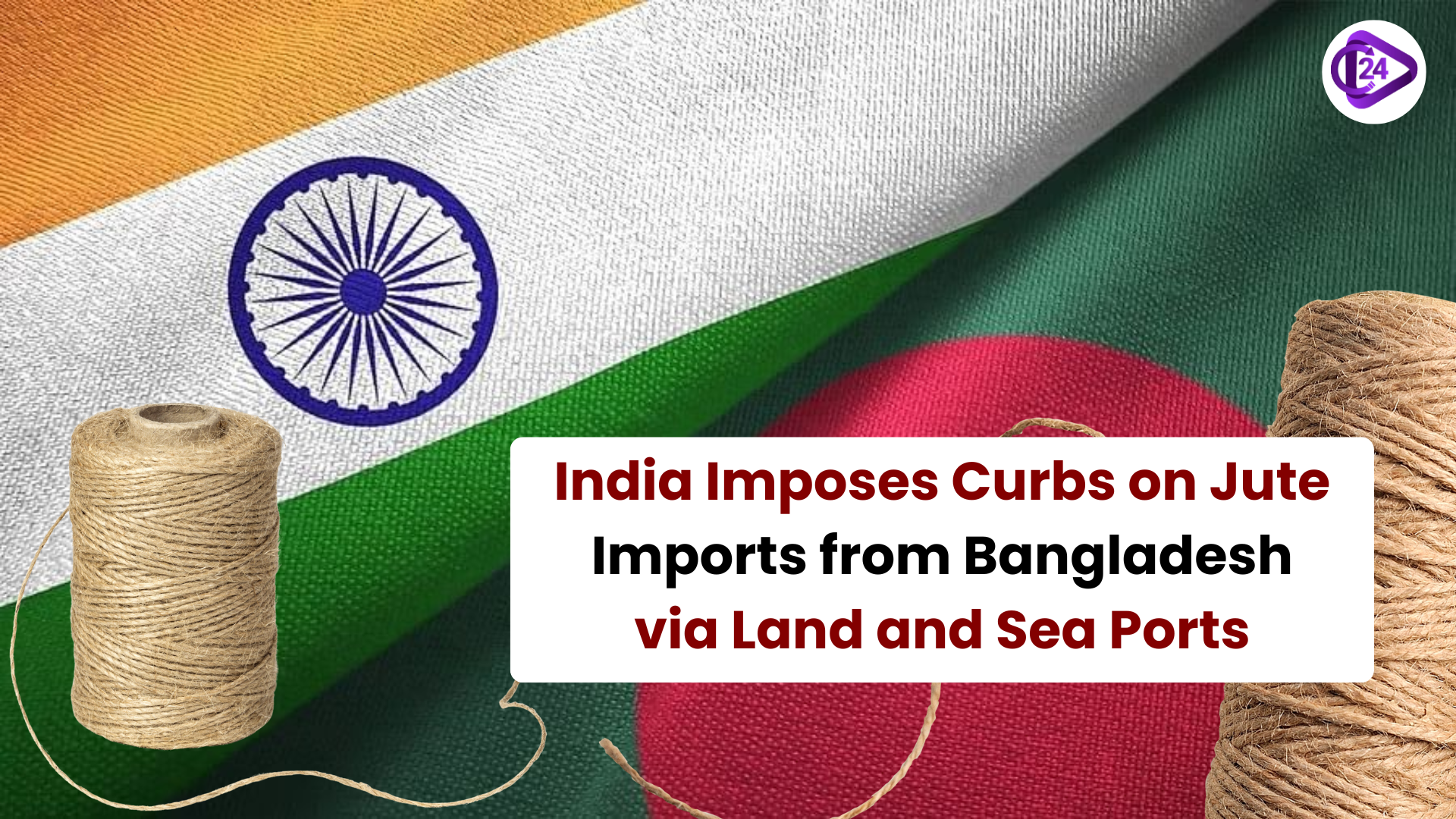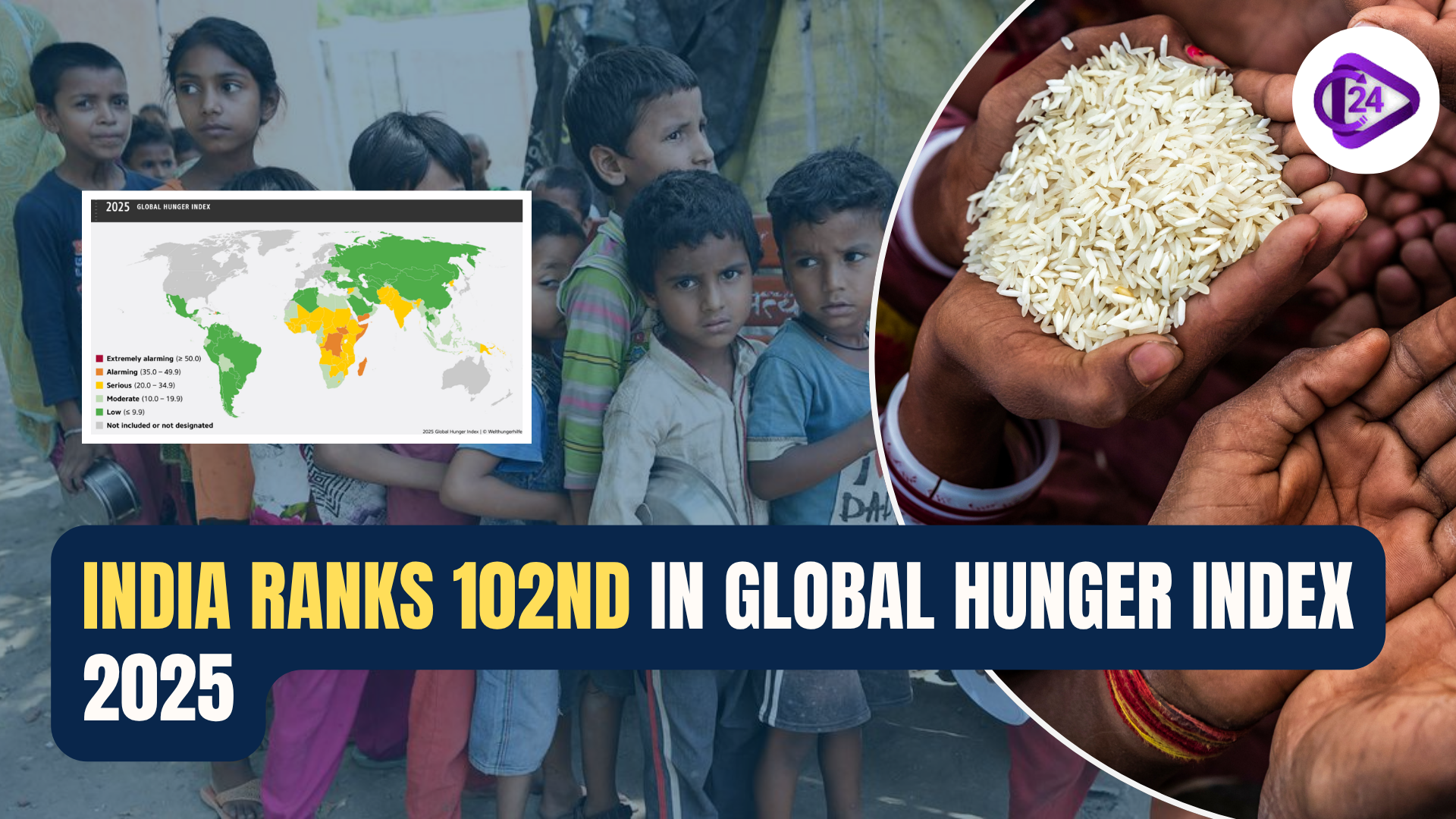
India has also blocked the import of jute in and out through the seaport as well as land ports with Bangladesh over the issue of subsidization of the jute products that is forcefully affecting the Indian jute sector. The new curbs, albeit not including the Nhava Sheva seaport in Mumbai, are set to safeguard the local industry, particularly the Indian farmers and workers employed in the jute industry line of business.
Context
In India, the imports of jute with Bangladesh by the land and sea ports are blocked to safeguard the domestic production of jute. Curbs, which are to be imposed forthwith, will block entry of jute Bangladesh to India except at the port of Nhava Sheva.
Key Points
-
Manufacturing of Restrictions: India has blocked the entry of jute and allied products produced in Bangladesh through all land and sea ports, with exception of Nhava Sheva port in Mumbai because this had adverse effects on the jute industry in the country.
-
Rationale behind the Curbs: The move is as a result of the dumping of subsidized jute products (yarn, fibre, and bags among others) of Bangladesh that have adversely affected Indian producers. These imports had not been prevented in the past by lowering the anti-dumping duties that had been placed on them by the Indians.
-
Indian Industry Effect: The introduction of imported jute facing subsidies and tariffs has had the unfortunate impact of crushing the Indian jute industry incorporating more than four lakhs of workers in organized jute mills and other factories besides cultivators in jute growing states such as West Bengal, Bihar and Assam.
-
Exemption to Nepal and Bhutan: Nepal and Bhutan are the two countries that show the benefits of exemption because the jute of Bangladesh will not affect Nepal and Bhutan but the re-exports to India is prohibited to avoid bypassing the ban.
-
Coverage of the Order: This order has writs over flax tow and waste, jute and other bast fiber, single yarn, woven fabric and other textile bast fibers. India is also adamant to allow Bangladesh to use the third countries to reach the Indian jute market.
Conclusion
India has taken an issue on banning import of jute manufactured in Bangladesh, protecting its own jute industry, to save the lives of farmers and laborers in India. The restrictions, although not applicable to the exports of Bangladesh to its neighbor countries, are there to make sure that unfair trade is kept to a minimum so as to avoid distortion in the market.



 Harsh Sanghavi Appointed Gujarat Deputy Chief Minister in Major Cabinet Reshuffle
Harsh Sanghavi Appointed Gujarat Deputy Chief Minister in Major Cabinet Reshuffle India Ranks 102nd in Global Hunger Index 2025: Hunger Remains a Serious Challenge
India Ranks 102nd in Global Hunger Index 2025: Hunger Remains a Serious Challenge Kaziranga Director Sonali Ghosh Becomes First Indian to Win IUCN Innovation Award
Kaziranga Director Sonali Ghosh Becomes First Indian to Win IUCN Innovation Award Assam Government Introduces CM-FLIGHT Scheme for Improved Global Career
Assam Government Introduces CM-FLIGHT Scheme for Improved Global Career India’s First Bullet Train to Launch by August 2027, Mumbai–Ahmedabad
India’s First Bullet Train to Launch by August 2027, Mumbai–Ahmedabad Goa Launches Majhe Ghar Housing Regularisation Scheme
Goa Launches Majhe Ghar Housing Regularisation Scheme IUCN Recognizes India’s First Dugong Conservation Reserve in Tamil Nadu
IUCN Recognizes India’s First Dugong Conservation Reserve in Tamil Nadu Cyclone Shakti Brings Heavy Rain Forecast for Mumbai and Konkan Region
Cyclone Shakti Brings Heavy Rain Forecast for Mumbai and Konkan Region Underwater Road Tunnel in Assam
Underwater Road Tunnel in Assam 156th Gandhi Jayanti 2025, History, Significance, Facts, Date, Death
156th Gandhi Jayanti 2025, History, Significance, Facts, Date, Death






